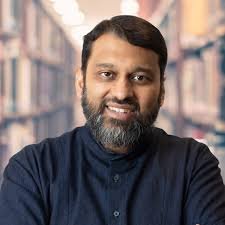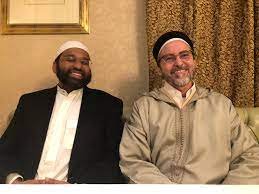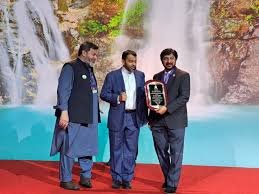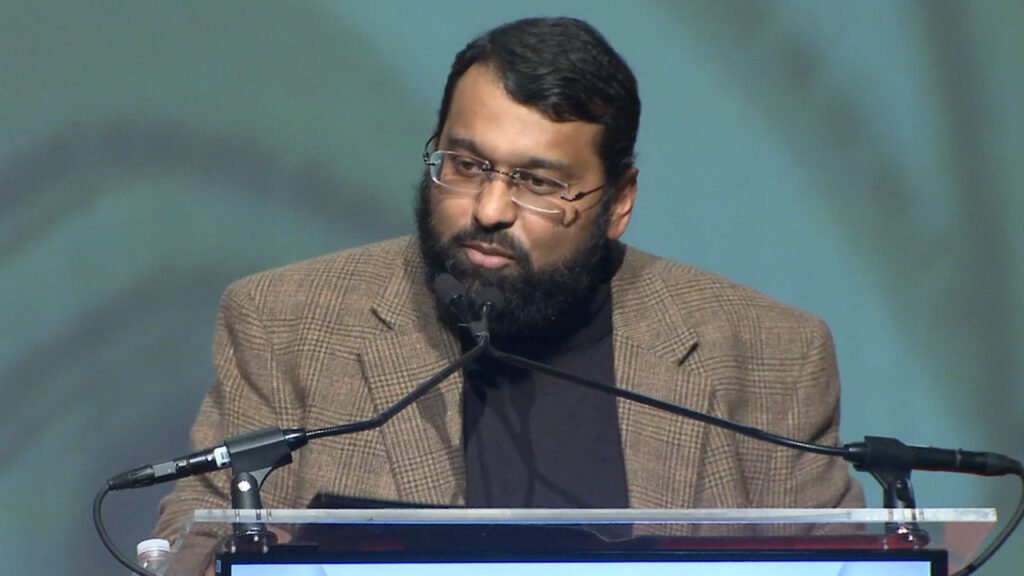Yasir QADHI

Yasir Qadhi (formerly known by his kunya Abu Ammaar Yasir Qadhi) (born January 30, 1975) is a Pakistani American Muslim scholar and theologian. He is a prominent Islamic scholar and preacher who was born in Houston, TX, to Pakistani parents. His father was one of the first Muslim immigrants to Houston, arriving in 1963, and helped found the first mosque there. Yasir grew up between Houston and Jeddah, Saudi Arabia. He completed his religious studies in Saudi Arabia (where his father became a professor at the newly founded King Abdul Aziz University), and eventually completed a B.Sc. in Chemical Engineering. It was during his undergraduate years that he decided to pursue a full-time career in Islamic scholarship, which led him to a ten-year stint at the University of Madinah, Saudi Arabia, where he completed a second Bachelor’s and his first M.A. (in Islamic theology). He currently resides in Memphis, TN with his wife and four children.



The tragic events of 9/11 caused him to return to the States, in order to, as he puts it, ‘…build bridges of understanding between Americans and Muslims.’ He completed an M.A. and an M.Phil from Yale University and is currently completing his PhD from Yale. He has a strong following among English-speaking Muslims around the world.
He is dean of The Islamic Seminary of America and resident scholar of the East Plano Islamic Center in Plano, Texas. Along with these academic activities, he is also the Dean of Academic Affairs of AlMaghrib Institute, the largest advanced Institute for Islamic Studies in North America; the religious adviser to MuslimMatters.org, an award-winning and highly-read Islamic blog; and a lecturer at Rhodes College in Memphis, TN. He currently serves as chairman of the Fiqh Council of North America.

Views
Jihad
Qadhi has presented papers on jihad movements. In 2006, at a conference at Harvard Law School, Qadhi presented a 15-minute analysis of the theological underpinnings of an early militant movement in modern Saudi Arabia headed by Juhayman al-Otaibi. The movement had gained international attention when it held the Grand Mosque of Mecca hostage in 1979.
In September 2009, he presented a paper at an international conference at the University of Edinburgh on understanding jihad in the modern world. He said the specific legal ruling (fatwā) of the 13–14th century theologian Ibn Taymiyya on the Mongol Empire has been wrongfully used in the 20th and 21st centuries by both jihadist and pacifist groups to justify their positions.The paper has been critiqued by some Salafi commentators, who say that they in fact did not revise the definition of Jihad.
Qadhi was previously affiliated with the Salafi movement but has since left the movement and now only identifies himself as belonging to the Post-Salafist movement.
Sufism and veneration of the saints
Qadhi believes that the practice of some Sufi Muslims visiting the graves of Sufi saints and calling upon Muhammad and calling upon them for help or guidance is not shirk (polytheism) but said it is haram, sinful, an evil innovation, and called it a stepping stone and gateway to shirk but not shirk in and of itself. Qadhi has also stated that these Muslims should still be regarded as Muslims, though misguided. He believes that questioning whether veneration of Sufi saints at gravesites can be called shirk is highly problematic because that would mean accusing many Muslim scholars who hold affirmative views towards it of committing shirk and being out of the fold of Islam. He has said it is not shirk in and of itself unless they believe they are calling out to a god, intend to worship or believe in the saints to have independent powers in and of themselves. He also believed that Sufi Muslims that participate in the practice do not believe in the saints to be gods and don’t intend it to be worship when calling upon them nor believe they have independent powers.
Views on social issues
Yasir Qadhi has criticized progressive Muslims who interpret Islamic law as supporting homosexual relations, saying these teachings contain “very little Islam”.
In regard to religious liberties, Qadhi believes that Islamic teachings don’t support or require that Muslim business owners discriminate or refuse service to LGBTQ individuals. Nonetheless, Qadhi expresses concern that Islamic institutions may face issues if they speak in a vulgar manner and employ or fire employees who don’t conform to conservative beliefs regarding sexual behaviors.


